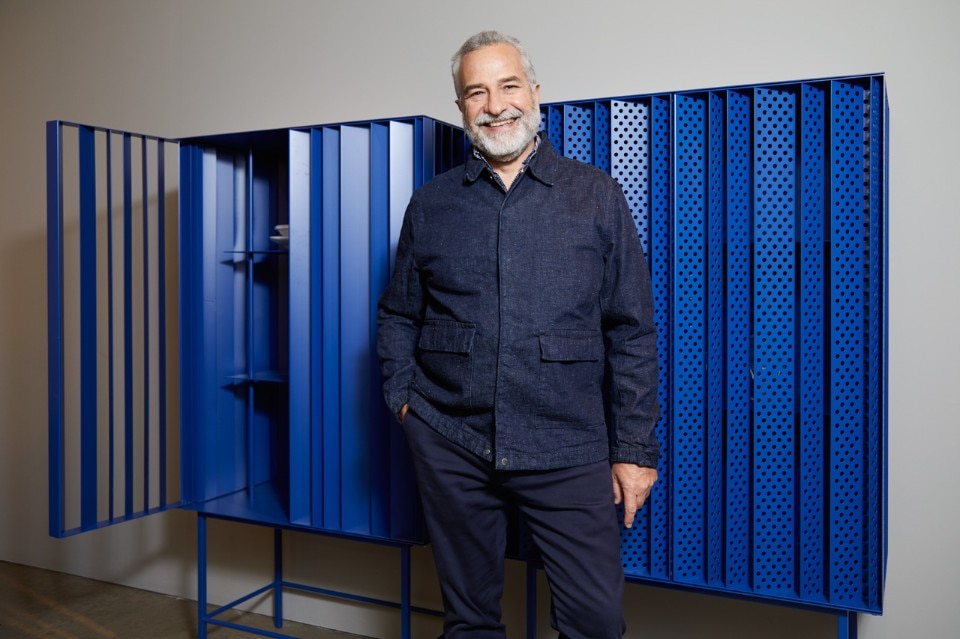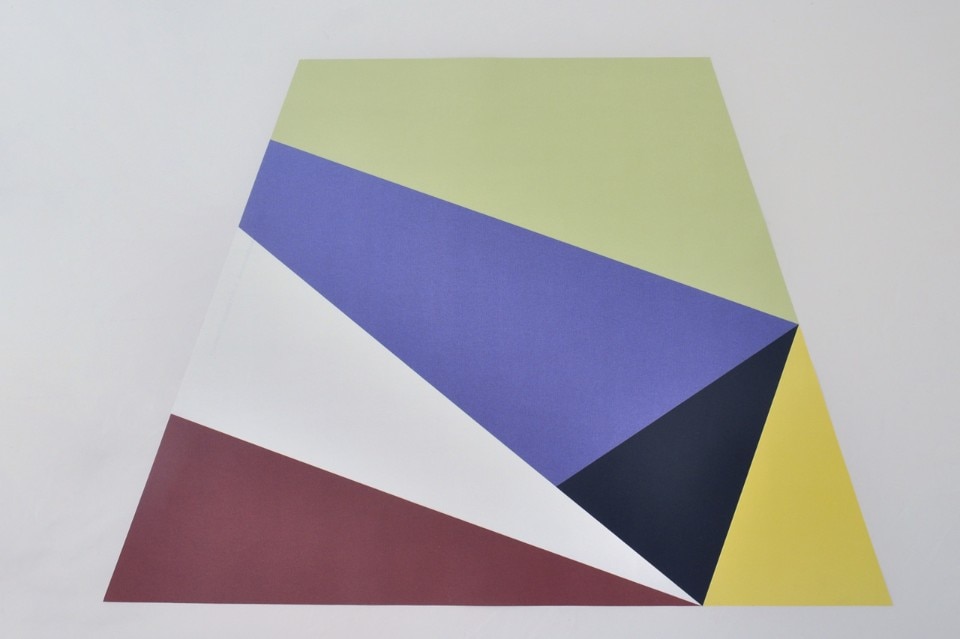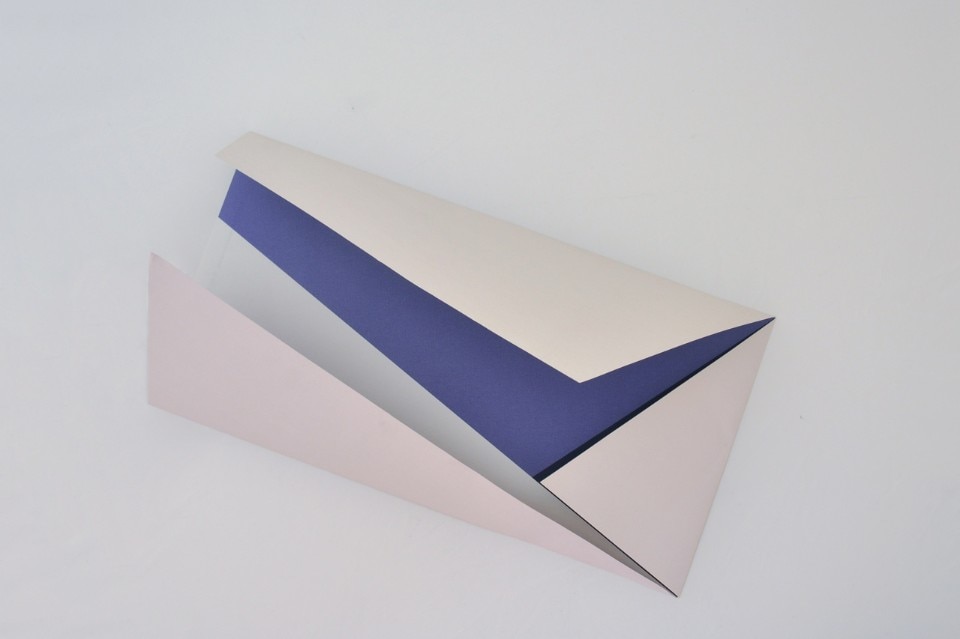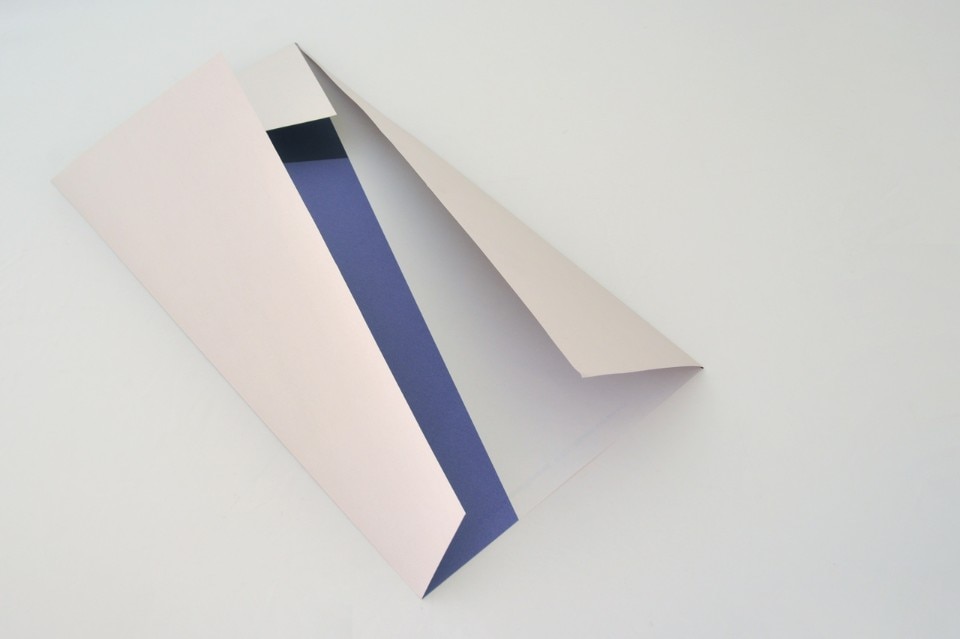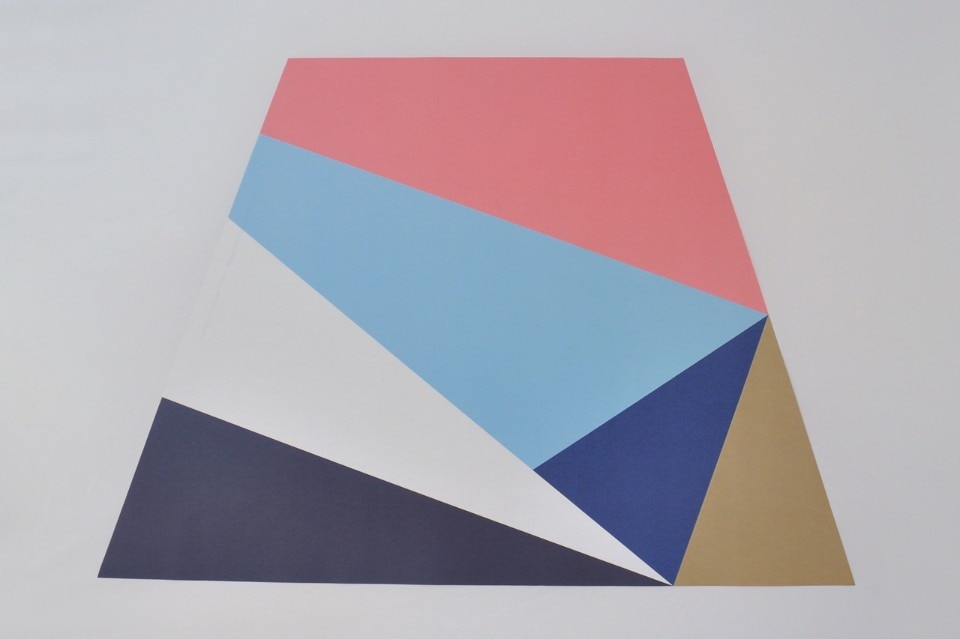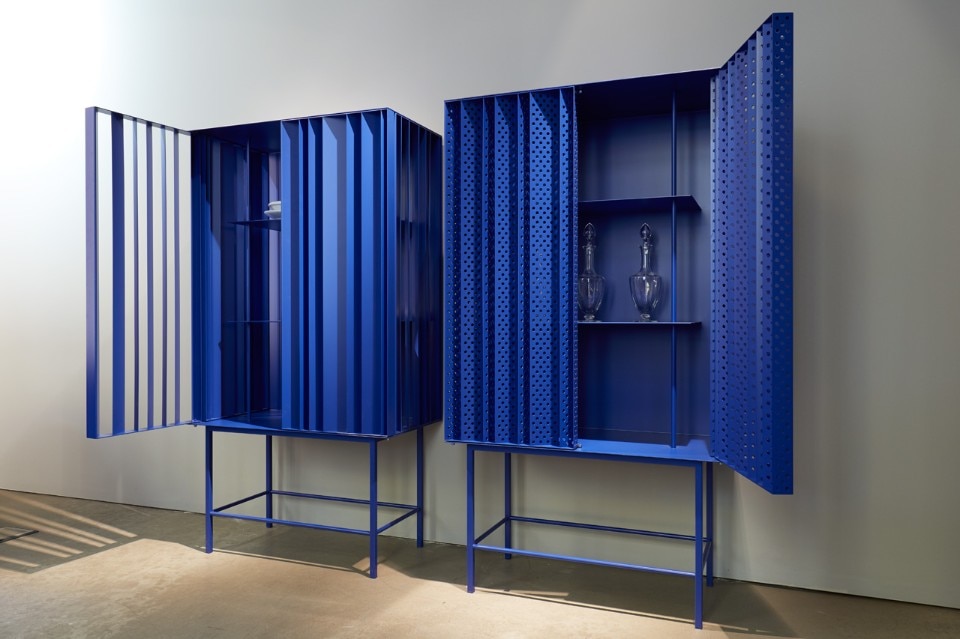
Chiara Alessi: Critic, historian, scholar, architect and designer: do you think it is harder to approach a new design when you find yourself with such a broad and thorough knowledge of the subject from a theoretical and historical point of view.?
Marco Romanelli: I think it is certainly more difficult but even so, I wouldn’t want to be without that knowledge. All around I see continual citations and reinterpretations of the past that I prefer to see them as “lack of knowledge” rather than “plagiarism”. At least I know I’m quoting something if I do it!
Chiara Alessi: Critic, scholar, journalist, architect and designer: who would you throw off the tower (with a parachute)?
Marco Romanelli: For me writing is like designing, it’s just the method of constructing the syntax of the phrases that changes. So I would simply call myself someone who has spent their life “telling stories” (at times with words, at times with designs)
Chiara Alessi: Do you have a ritual, a particular process, a favourite place, background music, a certain pencil that you like to have or use when you begin designing?
Marco Romanelli: To answer that I have to take a step back: I arrived, way back in 1977, at the faculty of architecture after being schooled in the classics, which I loved. I translated directly from Greek to a Latin but drew badly according to the standards of the day (ink pen on tracing paper!). I had to learn to mentally construct, for each project or object, perfectly defined images a priori complete with all the details (today I think they would call it a compensational procedure, like with dyslexics). I still work like that today! There is no progression in my design: when I start drawing I am simply translating onto paper what I see in my mind. No music though ( just Simon&Garfunkel’s The sound of silence)!
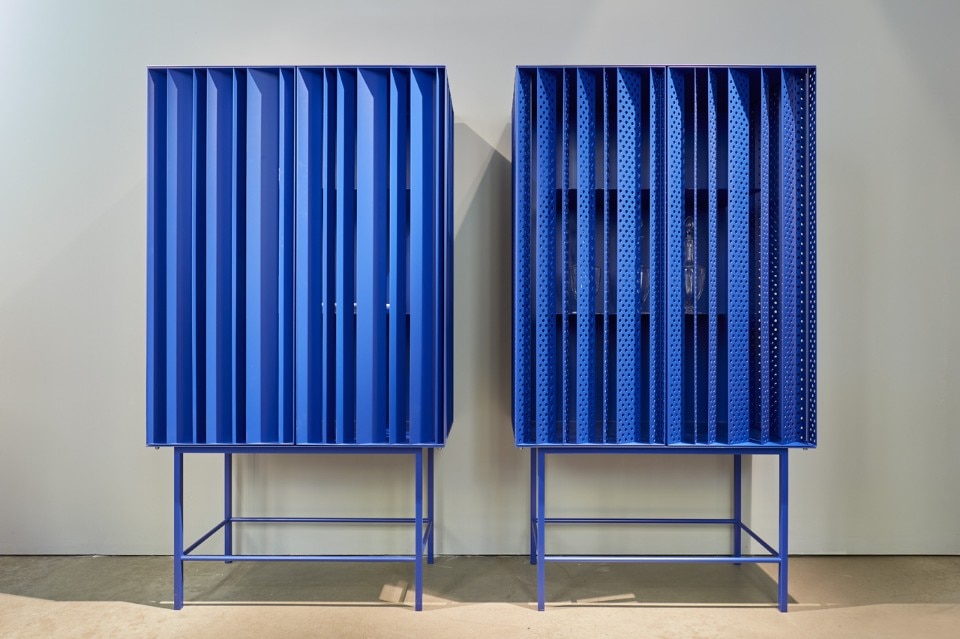
Chiara Alessi: Are you optimistic about the future of Italian design? And the present?
Marco Romanelli: How can you distinguish, when you are talking about the future, that of design from that of a civil society? While being a incurable optimist, with respect to the latter it seems to me that an ill wind is blowing. So our role today, more than ever has to be one of “fighters”: I would say that our weapons are only aesthetic, it is true, but I’m convinced that aesthetics can be transformed into ethics. If something can still save the world it is beauty.
Chiara Alessi: What problem in Italian design would you eliminate to make everything more meaningful?
Marco Romanelli: Without a doubt, the inability to make a system. In particular on the part of the institutions, then on the part of the manufacturers and finally on the part of the designers. I am convinced that Italy has the best critics, the best designers and the best manufacturers: so it is time to start working together!
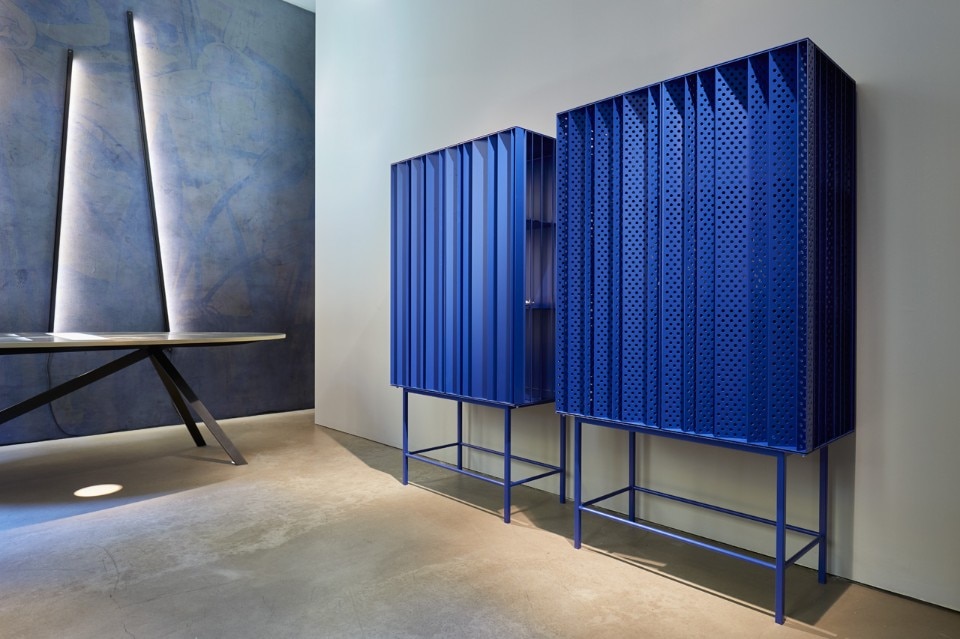
Chiara Alessi: What are you showing at the Salone this year?
Marco Romanelli: It’s been a strange year, one of great reflection: the predominant return to craft and the establishment of phenomenons such as self-production have caused Marta (Laudani my partner) and me to work mainly on a hypothesis of craft within industry. I am in fact absolutely convinced that the flight from mass production signifies in the end a renouncing of the more utopian ideal and at the same time more true of our job that is still that of creating objects of great quality and beauty for the “many”. So with two companies, one Japanese (Hands on Design) and one Italian (da a), we concentrated particularly on the theme of craft incorporated into an expanded distribution and media chain. We came up with candle-holders in borosilicate glass like precious spheres, flowers in braided copper wire to juxtapose with real cut flowers in vases, and a series of metal furniture that uses perforated metal and metal grills in a creative way.
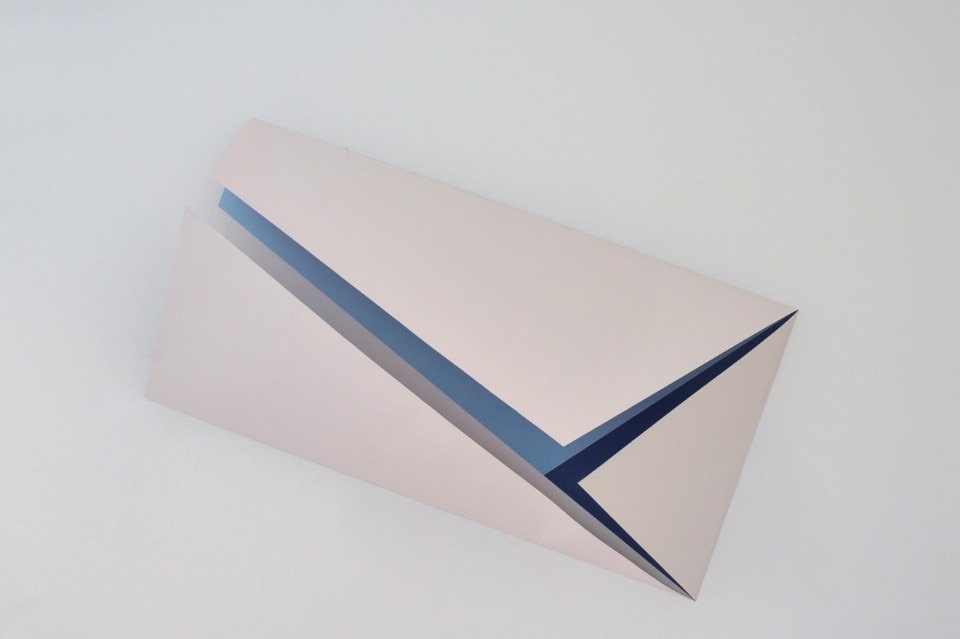
Marta Laudani and I have also designed folding napkins for the publisher Corraini (we have already designed a bookmark for them). It is a project that we are very interested in: starting with the title, Do not design only sofas!
Along the same lines, but accentuating even more the theme of “significance”, my work as a critic and curator has been aimed at a small exhibition but quite shocking that is entitled “Around the sacred vases”: I convinced five masters of Italian design (Antonia Astori, Riccardo Dalisi, Michele De Lucchi, Alessandro Mendini and Paolo Rizzatto) to design a new goblet for mass, probably the most symbolic object of all the liturgical celebration (and of our western history). The results are extraordinary.
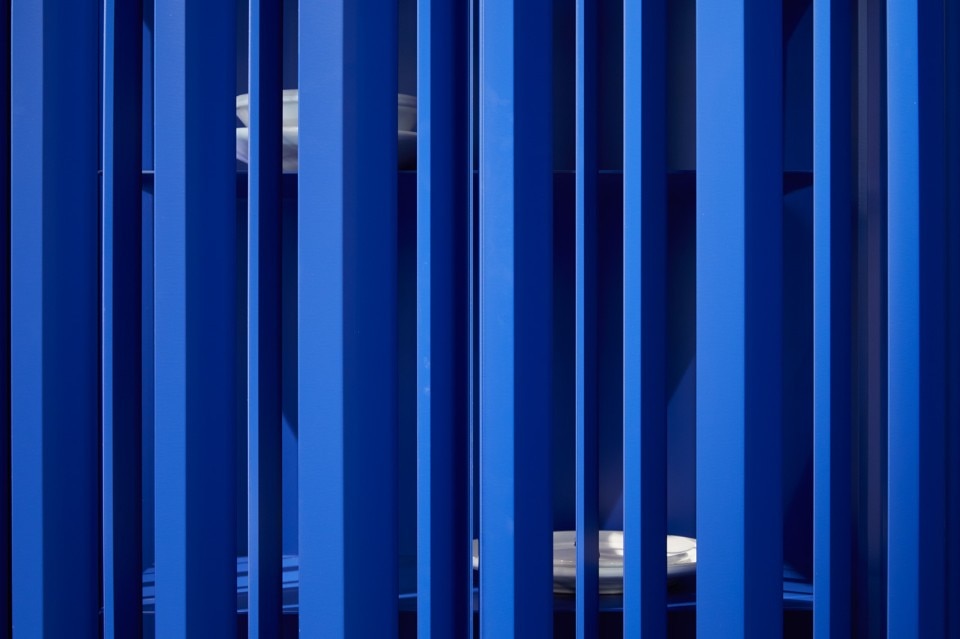
Chiara Alessi: So are these projects that favour a “sartorial” approach to a “designer” one. Are they encounters that function as elective affinities?
Marco Romanelli: From the point of view of method there are no differences. We have always sought to carry forward a design “of meaning” and not only a series of projects. Very often Marta and I design ahead of a brief, in other words we propose to specific companies themes of research (even though I have to confess that this ongoing economic crisis has now transformed into a crisis of ideals and it is therefore increasingly difficult to find a listener if it is not immediately “monetisable”). I am convinced though that only research (typological and aesthetic first and foremost, and then technological and on materials) can help design avoid the risk of soulless uniformity like the one we are seeing (if you need any proof you only have to flick through the first pages of any interior decor magazine: the advertisements by the leading brands that come one after the other present settings that are completely identical and interchangeable!).
Chiara Alessi: How do you organise your time during the week of the Furniture Fair? What do you try and focus on?
Marco Romanelli: For me the main thing is the trade fair itself at Rho. In fact I think that it is at the Salone that the real meeting of designers and manufacturers takes place. At the Fuorisalone it is easier to hide behind secondary issues such as display and atmosphere. I am interested in the typological evolution of the product: or rather to look today for what will be the history of design of tomorrow.
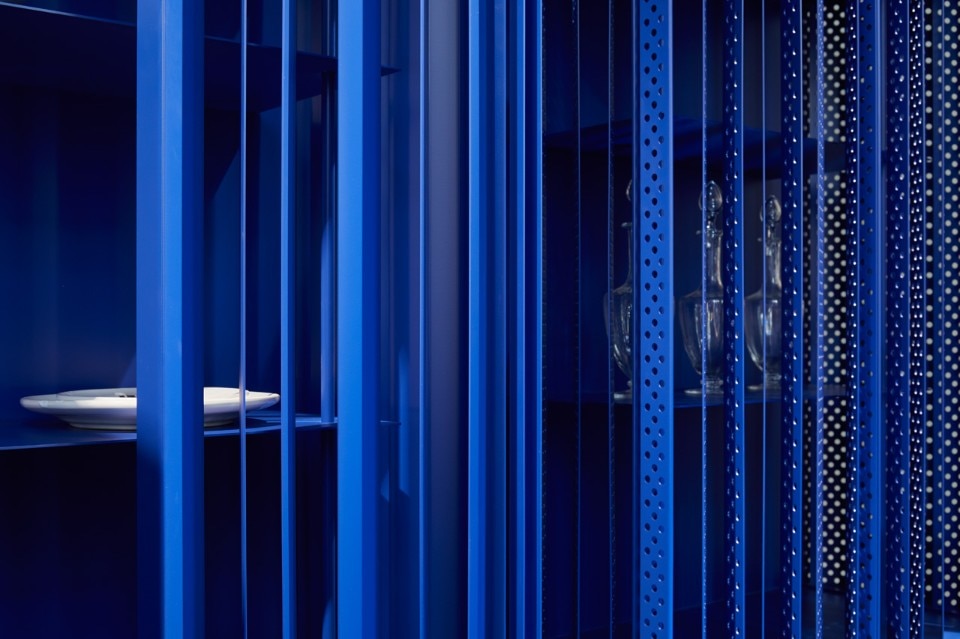
Chiara Alessi: What do you think of this trend of looking to the past in furniture and interior design?
Marco Romanelli: 1) you look behind you when you’re afraid to look ahead! 2) Few practice real interior and anyway no magazine looks for it! They don’t publish plans, don’t explain the design. They think that interiors are still lifes with mouse-grey walls, bowls of fruit and a book casually open and sitting on a gold table. And to think that great Italian design was indisputably born out of interior design and I think that, in interiors, it has to continue to verify itself and to grow, to not lose its spirit!
3–9 April 2017
Marco Romanelli
Hands on Design
Rossini Art & Design Hub
via Gioacchino Rossini 3, Milan
Da a
via Solferino 18, Milan
Valsecchi 1918
Salone del Mobile.Milano
Pad 16, stand F38
Corraini 121
via Savona, 17


